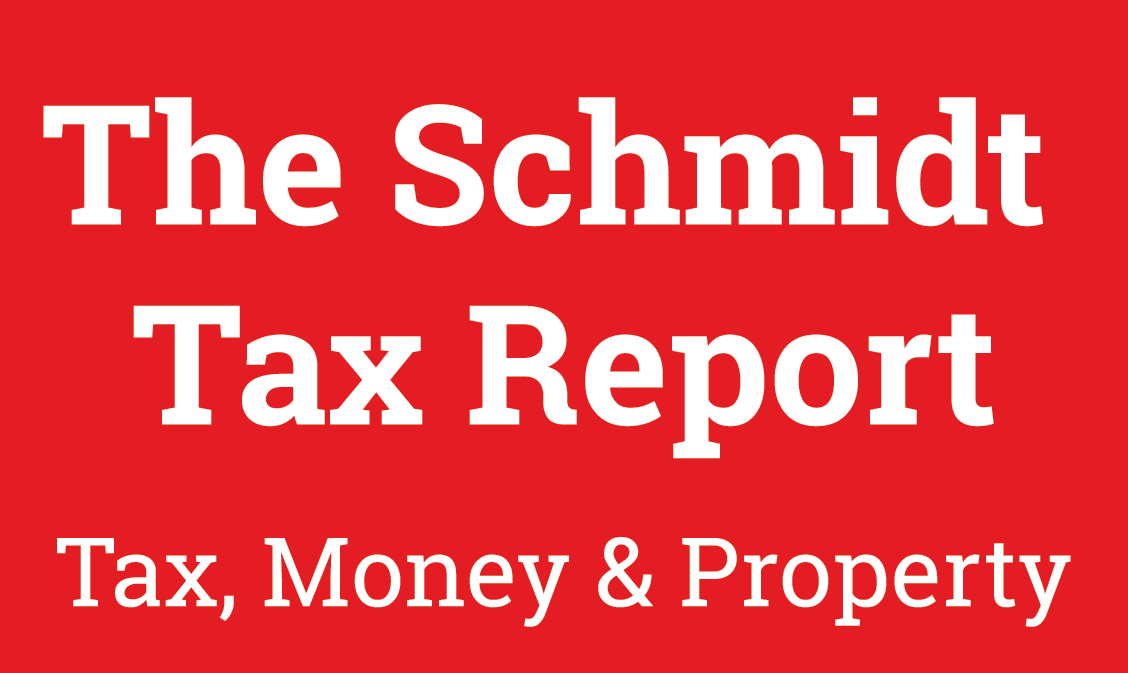Over the years I’ve managed to claim sideways expenses and loss relief in relation to horses, classic cars, a yacht and even a small plane. In each and every case I was able to satisfy the Inland Revenue – and later HMRC – that the asset in question was needed as part of a proper, commercial business. To satisfy the taxman I always made sure that:
- I had a viable, well-prepared business plan.
- I promoted the business using advertising, public relations and other marketing efforts.
- There were records of all contact with customers and potential customers.
- I could show that my prices were competitive.
- Full and detailed accounts were kept for each financial year.
As it happens, none of my businesses were hugely profitable, but that wasn’t for want of trying. In the case of the horses I’d hoped to make my money through breeding. In the case of the car, yacht and plane such income as I earned were from renting and leasing deals with third parties. The fact is, providing that you can show you were engaged in a feasible, commercial activity it is very difficult for HMRC to deny you a) all the costs associated with the asset and b) loss relief.
Recently, the media has reported on three First-Tier Tribunal cases where loss relief was denied to taxpayers attempting to claim that they were engaged in equine related businesses. The cases failed, in my opinion, because the taxpayers were unable to prove a sufficient degree of commerciality. HMRC, quite understandably, felt that the loss relief was being claimed erroneously by taxpayers who were actually engaged in pursuing a hobby. As one tax commentator pointed out: ‘Sideways loss relief claimed from activities that might be classed as hobbies are likely to come under scrutiny from HMRC.’
Incidentally, it was interesting to note that in the case of R Murray the taxpayer’s claim was that his breeding and training activities would have been sustainable if the tax relief losses were allowable. The First-Tier Tribunal described this as flawed logic. Interestingly, in this case, the judge considered that although there may have been a reasonable expectation of profit at the start of the taxpayer’s business after several years the economic downturn, together with the high running costs and consistent losses, led to no hope of profit. One wonders if the taxpayer had given up earlier whether he might not have got away with his claim.
Finally, I just want to remind readers of something called the Lennartz mechanism. Basically the European Court of Justice ruled, in 1995, that a taxable person is entitled to recover input tax incurred on the purchase of goods, regardless of how little they were used in the business, provided there were of some business use. This means that with the help of an experienced professional advisor it may be possible to reclaim VAT on such items as yachts through the use of what is often referred to as ‘Lennartz VAT accounting’. 12.6.16
